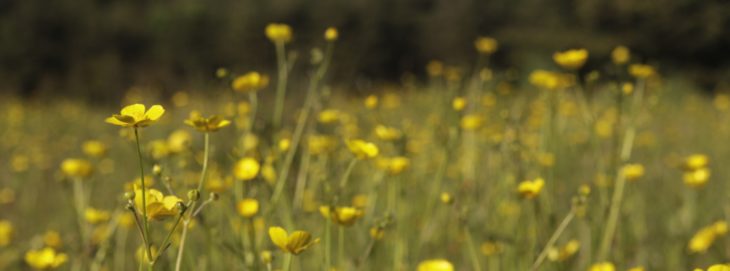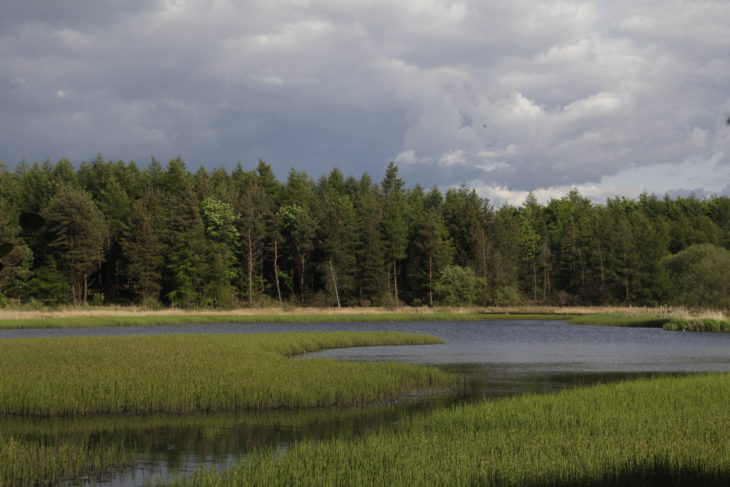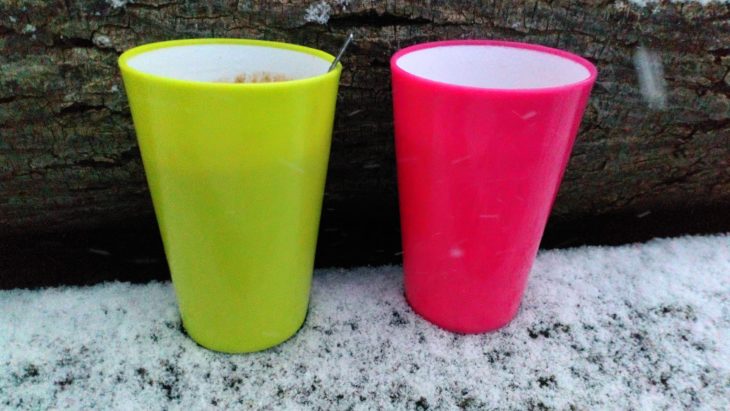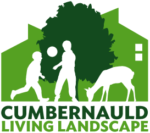A little compassion – and lots of tea
,
Anti-depressants are good for you! That was pretty much the message that was being blared out by the newspaper headlines last week after the publication of a major new study into their use was published.
The truth is – you won’t be surprised to hear – a little more complicated than that! The actual results of the meta-analysis conducted were that anti-depressants are more effective than placebo, but that the effects were mostly modest. This is almost exactly the same result as a similar study published in 2008 which was universally greeted with headlines declaring anti-depressants to be useless.
So it maybe doesn’t actually tell us that much about anti-depressants – but it does tell us a lot about how the media report science stories.
I’m not a doctor, nor a scientist. I always preface any of my musings about health with that caveat. All I can talk about is my own experience and I would never advise anyone to change or stop their medication use without talking with their GP and carefully considering the matter.
I’m aware that for some people this is a touchy subject, many people feel stigmatised by the use of anti-depressants and view it as something to be hidden and not talked about. After my Grandmother passed away we discovered a huge cache of anti-depressant pills in her handbag – something she’d never told any of us about.
It’s a nonsense of course. If anti-depressants help you to get through your illness and cling on for another day or week, month, year, or even decade, then, at an individual level, who cares what causes their effect, and who cares what others think?
I myself spent years on anti-depressants. Looking back I tend to say that they ‘weren’t for me’, the side effects far outweighing the benefits. But having said that, who actually knows what the outcome would have been had I never taken them? We can’t rerun life and try it again under different circumstances.
But whether anti-depressant pills paved the way or not, it was nature that eventually pulled me out of the black hole of my illness and set me on the path to being a mental health survivor rather than a statistic. Living with my mental illness rather than dying from it.
There’s nothing wrong with being prescribed or taking anti-depressants but it shouldn’t stop anyone at the same time looking around and seeing what else they could do, what other changes they could make to their lives, what other routes they could try, in addition to their pills rather than instead of them.

I sometimes struggle a little with the ethos behind Wild Ways Well – I’ve had people dismiss the idea of ‘nature therapy’ as being at the soft– dare I say ‘Hippy’? – end of the mental health scale along with things like flower remedies and crystals, and not much up from quack science like homeopathy. I’ve got an aversion to this sort of thought process – I have to admit that I’m not very ‘New Age’ in my beliefs, I like my science to be evidence based; while we might spend some time looking at flowers on a Wild Ways Well Session we won’t be knocking up any potions out of them. As it happens this sort of ‘new age’ claim couldn’t be further from the truth anyway, there is real science backing up what we do and the effects we’re seeing, and we’re working hard to evaluate all that we do and provide more proof.
Another interesting study came out just a few days before the anti-depressants one, which didn’t make quite the same splash. Work done in the Somerset town of Frome suggests that one of the most effective interventions that can be made for many ill people is an increase in compassionate social contact. The Compassionate Frome Project looked to address the gaps in ill people’s lives, to help them find new friends and interests, to signpost them to new groups and contacts, to help people feel more in control of their lives and their care – to treat people as ‘people’ rather than patients or statistics.
There was more to it than that of course but the idea of community is at the heart of it. Networking together health centres, care services, charities, volunteers and patients, enriching the life of the whole community.
So where am I going with this? I should probably start to meander towards a point.

There’s a whole lot to be said for compassion and social contact.
A typical Wild Ways Well session can be broken up into roughly three parts. A walk; a conservation/nature themed activity; and, right in the middle, a chance to sit with a hot drink around a fire.
This hot drink around the fire thing didn’t just happen by accident. Despite most people’s first impressions, I really do put a lot of thought into everything I do! All of the individual parts of Wild Ways Well work together to create a whole. The ‘social’ element of every Wild Ways Well session is, in some ways, the glue that holds everything else together.
I still remember the first time I volunteered. Deep in the grip of depression and anxiety, but desperate for a way out, volunteering was my last chance.
I remember the fear in the lead up as the first day approached. I remember not sleeping at all the night before, just lying on a couch, running over in my head what a disaster it was going to be, what a fool I was going to make of myself, how it would be better for everyone if I just didn’t go.
I remember the car journey in, wanting to be sick, wanting to stop, to turn around, to go home and retreat back into my safe little shell. But knowing that if I did that I might never come out again.
I remember being dropped off in the car park and feeling like I might as well have been dropped in shark infested waters.
I don’t remember much of the session itself, I know we cleared rhododendron ponticum, that we saw deer and heard birds sing.
But I do remember the tea break. I remember the fire, the crackle of the flames, the smell of wood smoke. I remember being passed a tin mug brimming with steaming hot coffee and being asked if I wanted sugar (milk and one please if anyone is ever asking!). I remember the smiles. I remember the feeling of camaraderie and acceptance. No one cared about my background. No one cared about my illness. No one cared that I was unemployed or on anti-depressants. They cared that I’d worked as hard as I was able (bearing in mind this was the first time I’d been outdoors in years so I wasn’t able to work very hard at all!), that I’d helped the group out.
There was a buzz of conversation around the fire. I didn’t join it, I wasn’t ready for that, but everyone understood, no one pressured me, it was enough that I was there. Part of the group.
I remember the journey home. Shattered, cut and bruised, head pounding with a tension headache, and with an adrenaline rush like no other.
Remembering things was difficult at this point in my life. The anti-depressants I was on had a side effect of wiping my memory most days, I struggle to remember much of my life at that time, but I remember that day.
Over the next couple of years my illness ebbed and flowed, sometimes up, sometimes down, but each rise higher than the one before. I spent more and more time in nature, more and more time volunteering.
And I spent more and more time round the fire. Talking, thinking, experiencing. A mug of hot chocolate by a roaring heap of fallen cedar, listening to the birds settle in to roost as it got dark on a cold winters day. A tea drunk beside a small smouldering pile of rhody, watching a roe deer and her calf skip through a wildflower meadow as I waited on the flames dying.
There’s something about a shared cup of tea after a walk, or a work session. The ritual of it, everyone understands it, everyone knows the rules. It speaks to something within us, maybe just the centuries of people before us who have done exactly the same thing.
Everyone can have a role, doling out cups, taking orders, finding the sugar spoon (it’s in the box with the teabags if you’re on one of my sessions). Finding a spot for the outdoor kettle, collecting fuel for it, lighting the fire, keeping it safe. Passing the drinks around and checking everyone has got their correct order. Smiling and saying thank you. It’s comforting.
And I never forget that for some people it might be the most social contact they get that day, or that week. Some people don’t have anyone to make them a cup of tea. Don’t have anyone to make a coffee for. Don’t have anyone to share a mug of hot chocolate. Or at least not someone who would appreciate it or enjoy it. People living on their own. Single mums or dads who don’t get to spend much time with other adults. People who have company, who have friends, or relatives in their lives, but don’t feel they have anyone who understands.
I was that person once.
Be Active (walk to a natural place).
Keep Learning (learn to light a Kelly kettle, learn who takes milk and sugar).
Take Notice (notice which wood is best to burn, who hasn’t been asked for their order yet, who looks like they need to talk – and who looks like they just need to listen today).
Give (pass someone their cup, smile, say thank you, offer a biscuit, listen to someone’s story or experience, share your own).
Connect.
The social part of Wild Ways Well isn’t just an add on, it’s a vital part of the experience. You don’t have to talk – we all have days like that and there will always be a safe, quiet space for anyone who wants to just be by themselves in the woods. But if you do want to talk, someone will listen with compassion.
In the wide, green, natural spaces of Cumbernauld, beneath trees that watch centuries flow past like water, where Wild Ways Well makes its home, there is always time for tea and room for compassion.

If you’d like to get involved in a Wild Ways Well session and share a cuppa then check out the website here Wild Ways Well or email me.
Wild Ways Well is a partnership project between The Conservation Volunteers and The Scottish Wildlife Trust delivered by Cumbernauld Living Landscape and funded by the Green Infrastructure Community Engagement Fund.
